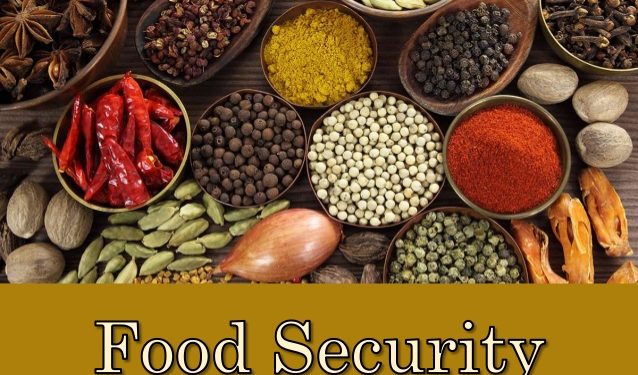Agencies-Gaza post
Concerns around the power of South-East Asian countries to maintain their status as the world’s main source of rice are growing, with countries such as Indonesia and the Philippines unable to produce enough internally.
According to a study published in Nature Food in March, the two countries will not be able to complete self-sufficiency in rice production under current agriculture techniques and directions and will have to import it.
“The new millennium has brought a number of challenges to the rice-growing systems in South-East Asia,” the Food Security Specialists said, noting the increased need for rice, stagnant yields, and limited expansion of cropland, which has created concerns about rice shortages.
The study comes at a time when global worries about food security are being heightened by the effects of the war in Ukraine on the supply of wheat crops to many States, as well as rising prices for the transport of food and various products.
However, rice prices have remained relatively low owing to the abundance of production and stocks in higher growth areas, preventing the food crisis from worsening so far, but concerns about the future remain.
Middle Eastern and the African States depend on the import of rice from the South-East Asian States, which threatens their food security in countries such as Indonesia and the Philippines, and could lead to higher global prices in the future.

















